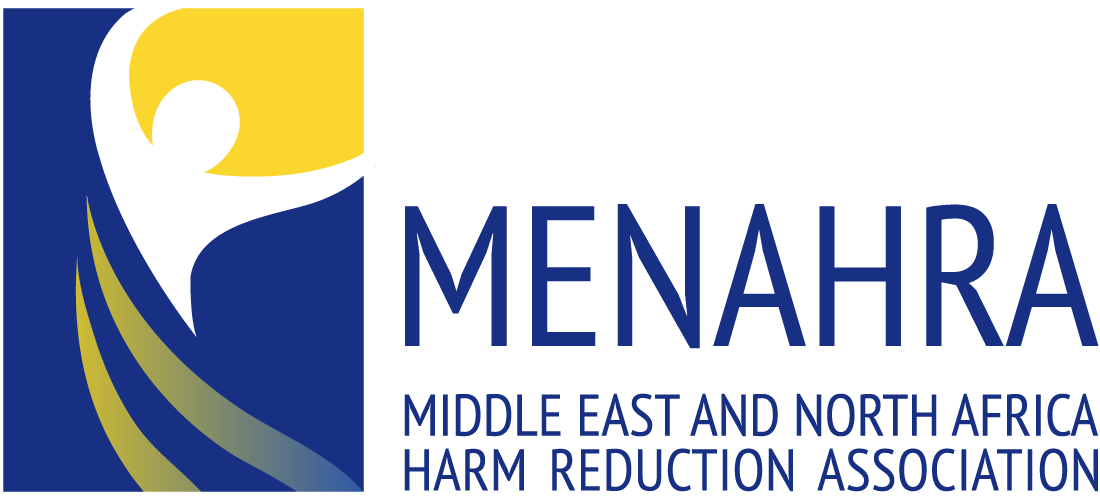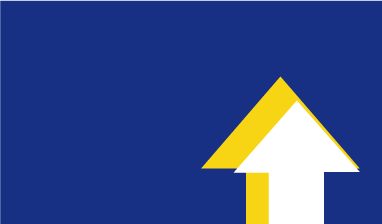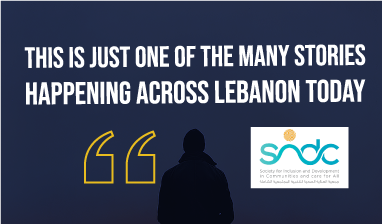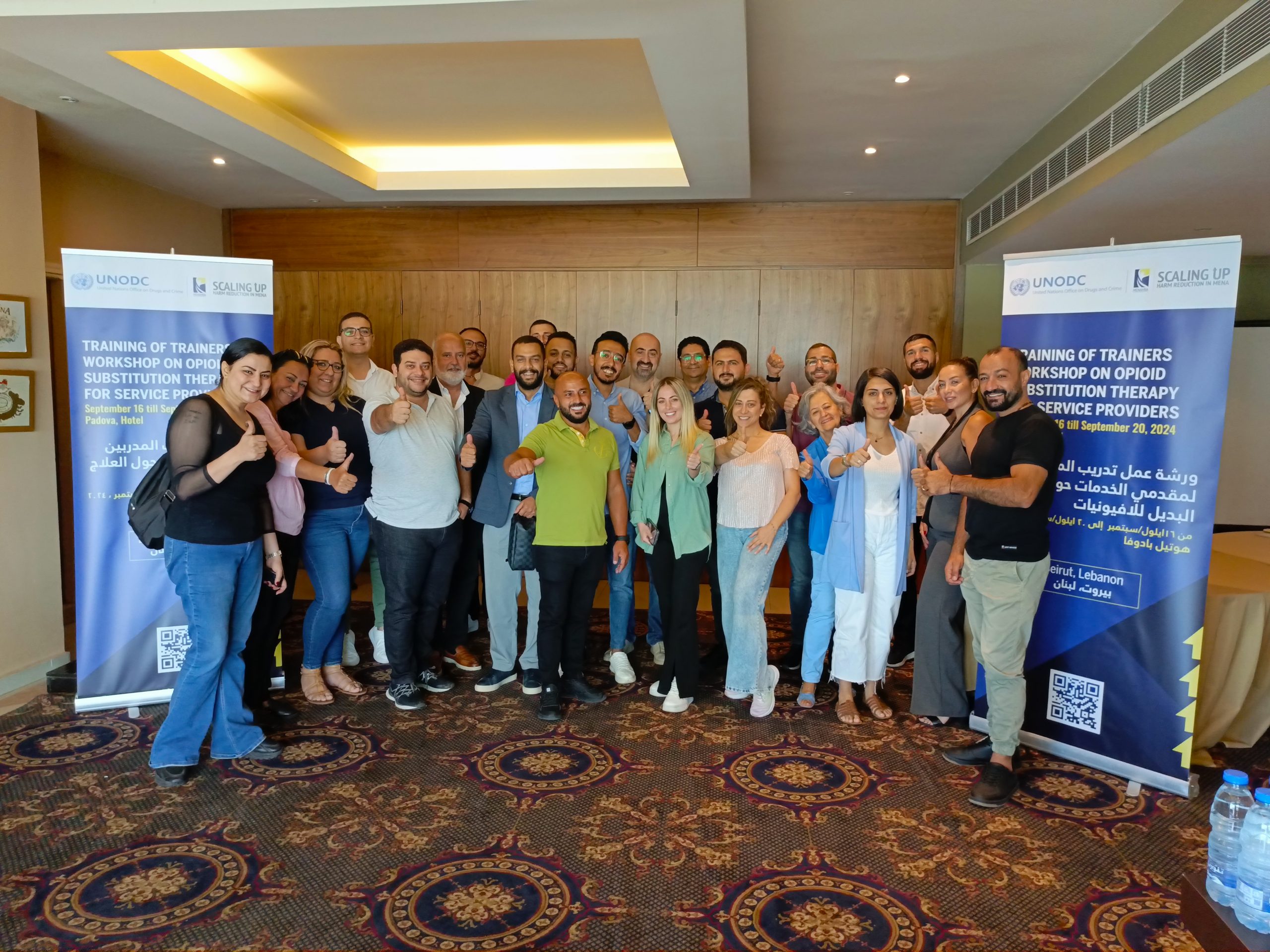Since its foundation, MENA Rosa, the first regional network of Women Living with HIV in the Middle East and North Africa, supported and empowered women and girls living with or at risk of HIV, as well as their families and partners, through developing their leadership skills and promoting effective participation in raising awareness, advocacy, and networking.
Through several trainings and workshops on HIV, treatment literacy, gender norms and equality, leadership, advocacy, negotiation and communication skills, Sexual and Reproductive Health (SRH), mental health, etc., MENA Rosa empowered and educated WLHIV to become agents of change, peer educators and outreach workers in the community.
Thus, in 2021, under the Global Fund to Fight AIDS, TB, and Malaria (GFATM) grant “HIV: Sustainability of Services for Key Population in MENA region”, Nadoum Programme, MENA Rosa, a Sub-Sub-Recipient to MENAHRA (Sub Recipient); drafted a treatment literacy informative toolkit in English, Arabic and French, that aims to expand the quality care, treatment, support and prevention services to reach women living with and affected by HIV.
Under the same grant, in October and November 2023, MENA Rosa conducted a 4-days Training of Trainers on the Treatment Literacy Toolkit, in Tangier – Morocco and in Hammamet – Tunisia.
During these trainings, MENA Rosa partnered with local CSOs and key stakeholders – in Morocco: with Association de Lutte Contre le Sida (ALCS) and UNAIDS Country Office – in Tunisia: with Association Tunisienne de Prévention Positive (ATP+) and the Country Coordinating Mechanism (CCM).
The training’s primary goal was to evaluate and update the toolkit, educate WLHIV-peer educators on the importance of treatment adherence, enhance their capacities to address issues on treatment, stigma and peer support, as well as empowering them to become positive agents of change.
Women from various Civil Society Organizations (CSOs) and diverse cities in both Morocco (Agadir, Marrakech, Rabat, Casablanca, Tangier, Fes, Nador, and Meknes) and Tunisia (Tunis, Sousse, Nabeul, Bizerte, and Soliman) participated in the training.
MENA Rosa believes in the power of WLHIV-peer educators in the community. They do not only offer emotional support but also create a safe space for women to openly discuss their fears, concerns, and feelings, contributing to an improved mental health and overall wellbeing of WLHIV. Their role extends beyond education, as they serve as inspiring role models for other women.
Community advocacy is an essential step to reach the UNAIDS 95-95-95 targets, where 95% of the people who are living with HIV know their HIV status, 95% of the people who know that they are living with HIV are on lifesaving antiretroviral treatment, and 95% of people who are on treatment are virally suppressed.






